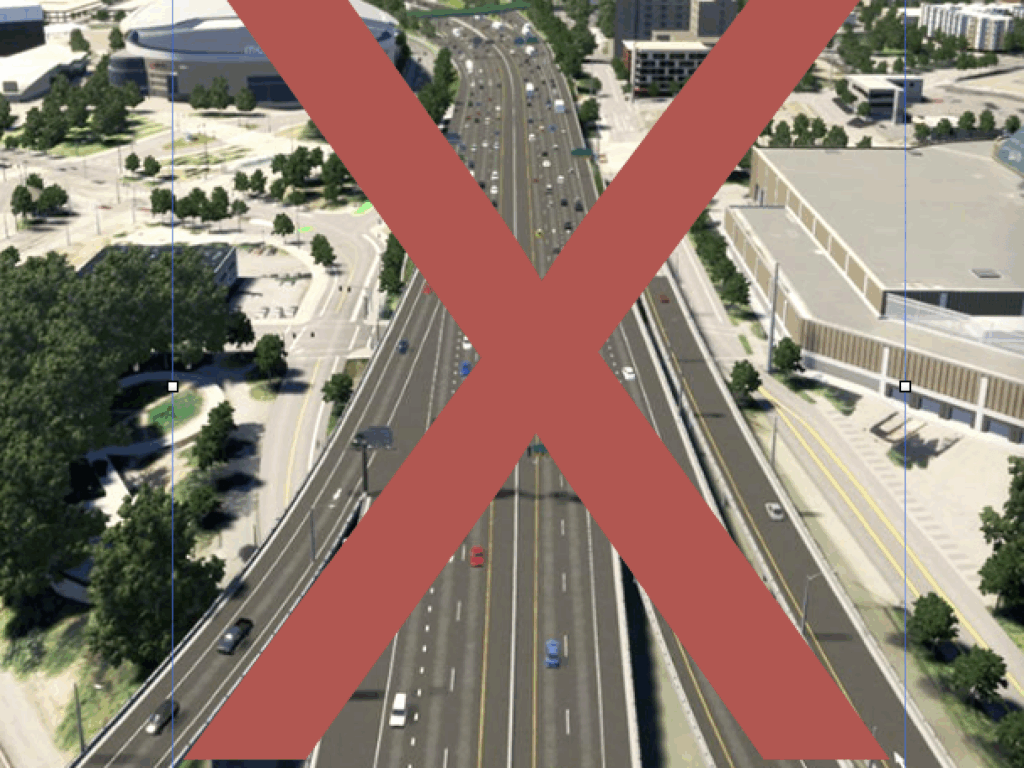Gasoline prices will drop 50 cents per gallon in the next week or so, and cheap gas will fuel more bad results: more air pollution, more greenhouse gases and more road deaths
Now is the perfect time to put a carbon tax in place
Lower gas prices mean more driving, more pollution, more road deaths
While the Coronavirus has dominated the headlines, there’s been another major global development: the collapse of oil prices. Saudi Arabia and Russia have stopped holding back their oil supplies to prop up the price of oil, and world oil prices have plummeted. A barrel of oil that cost a little bit more than $60 in early January now goes for about $32. That, in a very predictable way, will trigger a decline in gas prices. With a slight lag, gasoline prices (red) closely follow crude oil prices (blue).
The Energy Information Administration now predicts that gas prices will drop about 50 cents per gallon, from about $2.60 last year to a little over $2.10 this summer.
Based on the lower crude oil price forecast, EIA expects U.S. retail prices for regular grade gasoline to average $2.14 per gallon (gal) in 2020, down from $2.60/gal in 2019. EIA expects retail gasoline prices to fall to a monthly average of $1.97/gal in April before rising to an average of $2.13/gal from June through August.
Lower gas prices stimulate more driving. As we’ve explored at City Observatory, the price elasticity of demand for gasoline means that a 10 percent decline in gas prices is associated with about a 3 percent increase in driving. That means the roughly 20 percent decline in gas prices we can expect this year will, all other things equal, lead to about 6 percent more driving. Cheaper gas translates in a straightforward way into more air pollution and greenhouse gases, and increased driving has been the principal cause of the increase in road deaths in the past five years.
Of course, especially in the short term, all things aren’t equal. For the next few months, we’ll be dealing with the social distancing required to limit the rapid spread of the Covid-19 virus. And it now seems likely that economic growth will slow, if not actually tip into a recession, in spite of the best efforts of policy makers to assure markets, add to liquidity, and stimulate economic activity. With luck, we manage a short, “V-shaped” downturn. Lower levels of economic activity will reduce driving, traffic and pollution, at least temporarily.
But cheaper gas seems likely to persist for some time. And as it does, its macroeconomic effects will be largely negative according to energy economist Jim Hamilton. To be sure, consumers will have more money to spend, but the evidence from previous gas price declines (like 2014) is that it provides relatively little stimulus. Part of the reason is that lower oil prices will devastate domestic oil production, especially the fracking industry, and the job losses and decline in investment there will more that offset the stimulus from cheaper gasoline.
Time for a carbon tax
We, like most economists, have long advocated for pricing carbon as a way to reflect back to consumers the environmental costs of their decisions. The predictable political opposition to that idea arises from the fact that no one wants to pay more for energy, particularly a gallon of gas (which is perhaps the most visible price in the US economy). Implementing a carbon tax as oil prices are falling would cushion the blow. A twenty-five center per gallon carbon tax would capture something like half of the value of the decline in oil prices–and could produce $35 billion in annual revenue to support projects to fight climate change. A carbon tax would also diminish somewhat the increase in vehicle miles traveled, air pollution, and greenhouse gases that would otherwise be triggered by cheaper gasoline. Similarly, it would serve as a valuable incentive to consumers not to purchase less fuel-efficient vehicles (which would likely happen if gas prices are consistently lower than $2 per gallon.
It’s never easy to implement a new tax. But there’ll never be a better opportunity to implement a carbon tax than when oil prices are dropping.

